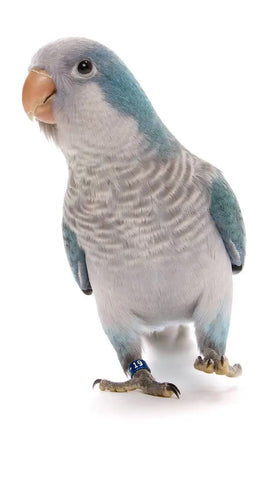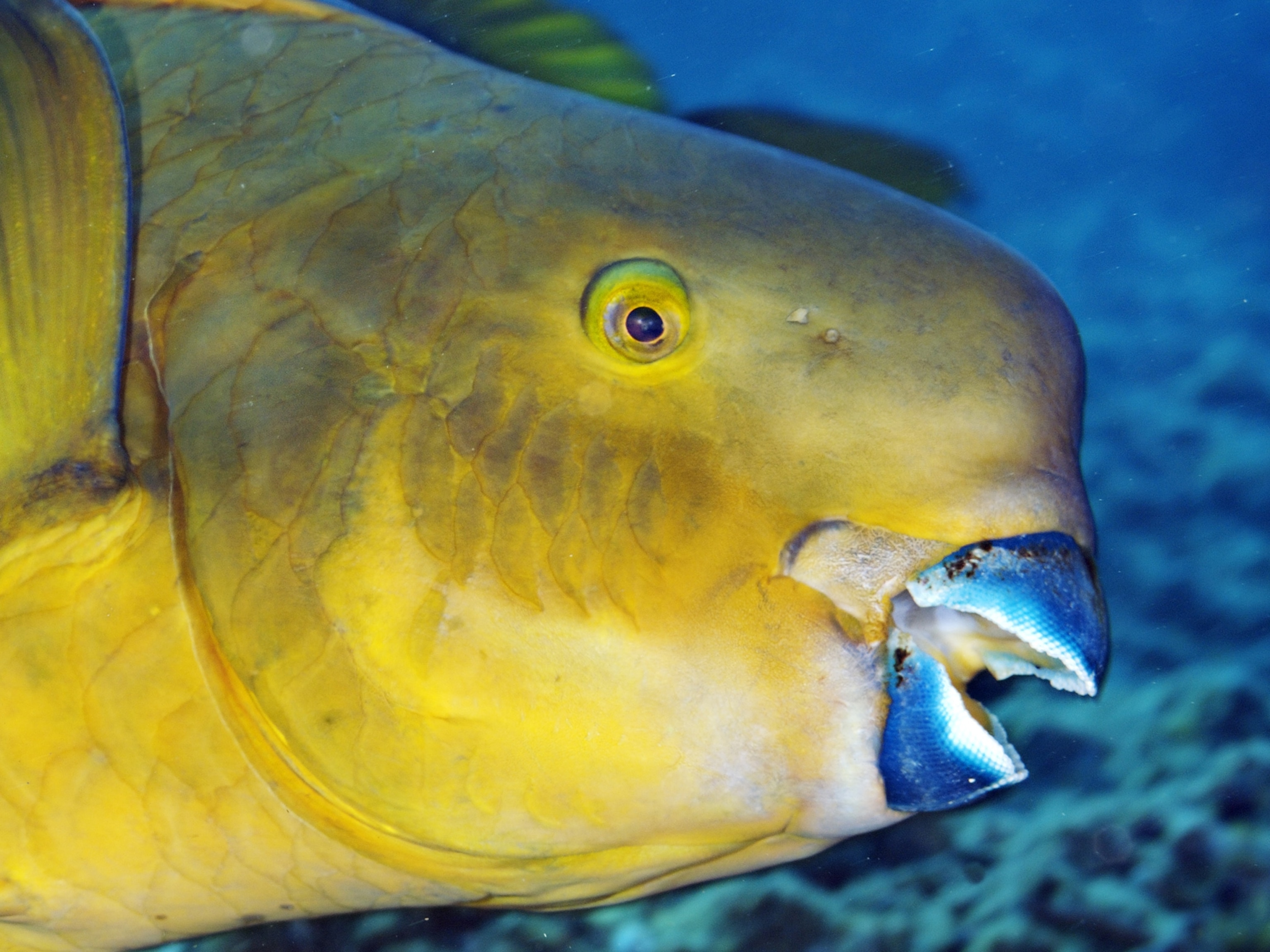Apply Now
Effective Ways to Care for Fresh Water Puffer in 2025
Introduction to Freshwater Puffer Fish
The freshwater puffer fish has become increasingly popular among aquarists due to its unique personality and captivating appearance. These fascinating creatures are known for their quirky behavior and distinct characteristics, making them a delightful addition to any freshwater aquarium. As responsible pet owners, it is crucial to understand the specific needs of freshwater puffer care to ensure their health and happiness. This article will provide a comprehensive guide to caring for your freshwater puffer fish, covering everything from tank setup to feeding and maintaining optimal conditions.
With proper attention and care, you can create a thriving environment for your puffer fish, fostering their natural behaviors and vibrant colors. We will also explore the best practices for selecting tank mates, understanding their temperament, and addressing common health concerns. By the end of this article, you will have the knowledge needed to successfully care for your freshwater puffer fish and enjoy their companionship for many years.
Essential Requirements for Freshwater Puffer Habitat
Understanding Freshwater Puffer Environment
Creating a suitable habitat for your freshwater puffer fish is essential for their health and well-being. They thrive in tanks that replicate their natural environment, which typically consists of lush vegetation, rocky structures, and varied water conditions. Start by selecting a tank that is at least 20 gallons in size, as pufferfish can grow to a substantial size depending on the species. For instance, the Mbu puffer can reach up to 20 inches, while the popular Figure Eight puffer typically grows to about 4 to 5 inches.
An ideal freshwater puffer environment mimics their native waters, which often contain a mix of soft and slightly acidic to neutral pH levels. Maintaining stable water quality is vital; invest in a good filtration system and perform regular water changes to keep ammonia and nitrate levels in check. Installing a heater to maintain a temperature range of 75 to 80°F is also advisable for their optimal health.
Proper Filtration and Lighting
The filtration system plays a crucial role in maintaining a healthy aquarium environment. Freshwater puffers produce a significant amount of waste, so choosing an efficient filtration system is vital. Look for filters with mechanical, biological, and chemical filtration options to ensure clean water and a balanced aquatic ecosystem.
In terms of lighting, freshwater puffer fish appreciate moderate light levels, which can help in simulating their natural habitat. Using LED lights allows for efficient energy consumption while also promoting aquatic plant growth, further enhancing your tank setup. Aim for light durations of around 10-12 hours daily to help maintain a healthy balance in your aquarium.
Decorations and Live Plants
Integrating decorations and live plants into your freshwater puffer tank not only creates a visually appealing environment but also promotes natural behaviors such as hiding and exploring. Heavy decorations, like rocks and driftwood, can provide safe hiding spots, while plants create a more natural atmosphere. Ferns and Amazon swords are excellent plants to introduce, as they are relatively hardy and can thrive in various water conditions.
However, be mindful when selecting plants, as the puffer fish's beak-like teeth can damage soft-leaved varieties. Opt for tougher plant species that can withstand their nibbling tendencies. This balance of decorations, rocks, and plant life will create both beauty and functionality in your puffers' habitat.
Maintaining Ideal Water Conditions
To create a thriving environment for your freshwater puffer fish, maintaining ideal water conditions is key. Regularly test your water parameters, including hardness, pH levels, and ammonia/nitrite/nitrate levels. Freshwater puffers do best in water that is soft to moderately hard, with a pH between 6.5 to 7.5 depending on the species of puffer.
Routine testing can ensure that any issues are addressed promptly before they escalate into serious health problems. Additionally, introducing beneficial bacteria through aquarium products can aid in establishing a balanced ecosystem, promoting overall fish health.
Feeding Your Freshwater Puffer Fish
Understanding Freshwater Puffer Diet
Feeding your freshwater puffer fish a balanced diet is crucial for their growth and health. They are carnivorous creatures and require a diverse diet that includes various protein sources. Offer high-quality pellets designed for puffers, as well as frozen or live foods such as shrimp, snails, and worms to meet their nutritional needs.
Variety helps to mimic their natural feeding behavior and can promote their robust health. It’s important to incorporate hard-shelled foods in their diet to help wear down their continuously growing teeth. Certain types of snails can serve as ideal feeder animals while also contributing to their health by providing necessary calcium.
Feeding Schedule and Habits
Establishing a consistent feeding schedule for your freshwater puffer fish is essential for promoting healthy eating habits. Feed your puffers once or twice daily in small amounts they can consume within a few minutes. This will prevent overfeeding, which can lead to health issues and deteriorating water quality.
Be observant of their feeding behavior, as puffers may exhibit signs of aggression towards other tank mates during feeding time. If you notice any unusual feeding habits or routines, consider adjusting the food types or schedule to better suit their individual needs.
Avoiding Common Feeding Mistakes
While it may be tempting to offer them a variety of treats or overindulge your puffers with foods, it’s vital to adopt a balanced approach. Overfeeding can lead to obesity and digestive issues, as well as affect water chemistry and quality. Be cautious with the type of foods chosen, as some may not provide adequate nutritional value for these specialized feeders.
Monitoring their growth and physical condition after changes in their diet can also give insights into the effectiveness of their meal plans. If any signs of health issues arise, adjust the diet accordingly and consult with a vet specialized in aquatic pets if needed.
Understanding Freshwater Puffer Temperament
Behavior and Socialization
Freshwater puffer fish are known for their engaging and sometimes quirky personalities. Understanding their behavior is essential for fostering a peaceful aquarium environment. Generally, they can be territorial and may show aggression towards other fish, especially during feeding or breeding seasons.
To mitigate aggressive tendencies, properly selecting tank mates is essential. Choose species that can coexist peacefully, such as larger tetras, which are often less threatened by puffers. Be observant during introductions, allowing for gradual adjustments to their community setup, enhancing socialization over time.
Best Tank Mates for Freshwater Puffers
Selecting suitable tank mates for your freshwater puffer is imperative to maintaining harmony within your aquarium. Generally, you’ll want to avoid smaller or faster-moving fish, as puffer fish are known for their curious and opportunistic nature. They may view smaller fish as potential meals, leading to stress and aggression.
Consider community-friendly species like larger danios, some catfish, and specific mid-size cichlids that can handle the inhabitants' dynamics. Always conduct thorough research on each species' compatibility before introducing them to your puffer's tank to ensure a harmonious environment.
Social Behavior and Compatibility
Understanding the social behavior of freshwater puffers can enhance your enjoyment of them as family pets. They are generally solitary fish, so keeping them alone or in pairs is often recommended. In some species, keeping multiple puffers can lead to disputes over territory, so assessing individual zaniness and aggression levels is crucial.
Monitoring their behavior is a vital aspect of puffer care. If you notice increased aggression or territorial disputes, re-evaluating tank configurations may help prevent conflict. Ensuring your puffer fish feel safe and secure in their environment will help them thrive.
Maintaining Freshwater Puffer Health
Recognizing Common Diseases
As with many freshwater fish, puffer fish are susceptible to various diseases. A keen understanding of common health issues can help you intervene before they become serious. Freshwater puffers can be prone to issues like ich, fin rot, or fungal infections, especially in subpar water conditions.
Regular check-ups of your puffer’s health, observing for unusual spots, behaviors, or lesions, are essential for early detection. If you notice any concerning signs, immediately monitor the water quality and consider medication based on veterinary recommendations for fry or adult puffers.
Preventive Care Measures
Preventive care is key to a healthy puffer ecosystem. Ensure that your aquarium’s environment is consistent by routinely testing water parameters, maintaining appropriate temperature levels, and ensuring they are well-fed while not overindulging. Avoid introducing new fish without quarantining them first to prevent disease introduction.
It is equally important to establish a routine for cleaning and maintaining the tank to prevent excess waste build-up and keep beneficial bacteria functioning. Regular maintenance will promote optimal health in your freshwater puffers.
Long Term Health and Lifespan
Freshwater puffers can live for several years when appropriately cared for, with lifespans ranging from 5 to 15 years depending on the species and habitat conditions. Establishing and maintaining a robust care routine is key to achieving longevity in your pets. Regular health check-ups, proper tank cleanliness, and a balanced diet will contribute to their quality of life.
Being proactive about your puffer fish's well-being and understanding their needs will not only boost their lifespan but also enrich your overall aquarium experience.


Conclusion and Additional Insights
In summary, providing effective care for freshwater puffer fish requires a comprehensive understanding of their habitat, feeding habits, temperament, and health needs. By creating an optimal environment and maintaining consistent care and attention, you can enjoy the vibrant personality and charm of these unique fish for many years. For more insights and resources on freshwater puffer fish care, consider reaching out to fellow enthusiasts and experts, as they can offer invaluable advice and shared experiences.
By following the essentials covered in this guide, you will be well on your way to becoming a responsible puffer fish owner, ensuring that these intriguing aquatic pets flourish within your aquarium. Explore the diverse freshwater puffer species, and be ready to dive into the wonders of freshwater aquariums.


